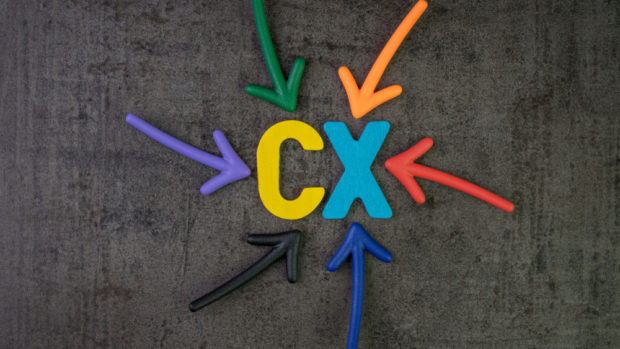
Globally, more than a quarter of consumers (28 per cent) believe the majority of businesses they purchase from are not doing enough to combat climate change. What’s more, 85 per cent of consumers have changed their mind about purchasing something from a company because they felt it did not do enough about climate change. This is according to the new “People, Planet, Data: Why Climate Change Action and CSR Have to be Data Driven” study by Exasol, which indicates that climate inaction is now a huge risk to business. In fact, more than half (55 per cent) of CSR decision-makers at retail organisations believe that if their companies fail to act on this, their business will no longer exist in 10 years.
Consumers demand action
Over four in five (86 per cent) consumers cite a company’s credentials in climate change, diversity and inclusion, and ethical business practices as a key factor in whether they buy from or do business with organisations. In fact, almost 9 in 10 (88 per cent) consumers say ethical and sustainable business practices are a key factor. What’s more, as many as two thirds of consumers (66 per cent) reveal they would stop buying from a business that did not have credentials in these areas or plans to work on them in the next three years.
A roadmap for change
The challenge for businesses in the retail sector is that less than 4 in 10 (38 per cent) have a fully formed roadmap in place to ensure more climate friendly business practices are put into place in the next 36 months. Three quarters (75 per cent) of CSR decision-makers at these organisations agree they could make better decisions around climate change if they had access to data-led insights that informed these decisions. What’s more, for the majority (70 per cent), the ability to act on data-led climate change initiatives will be critical for future customer loyalty to their business.
Peter Jackson, chief data & analytics officer, Exasol comments, “At Exasol, we believe in the power of data and using this to build a community that has a positive impact on our planet, from people and resources to policy. Companies, and importantly their senior leaders, have a central role to play in this. As such, it is critical that they educate themselves on, and invest in, digital tools that can help them democratise data. This will empower them to give ‘green teams’ – comprised of the CDO, data scientists and individuals from every business unit – access to the insights needed to evidence the value of CSR initiatives. With this insight they can affect real change.
Jackson continues, “Taking these steps now is essential. We have an undeniable responsibility to do all that we can to save our planet for future generations, while also protecting our stakeholders’ interests. We have the data, we have the resources, and now we have the opportunity to make a difference.”
What proof do consumers demand?
Consumers are also no longer comfortable with just taking the word of companies that they have previously purchased from. In fact, around two-thirds of consumers (68 per cent) reveal they will consider demanding data-backed evidence from organisations to prove they are making positive contributions in climate change, diversity and inclusion, and ethical and sustainable business practices in the next 36 months.
The sources of data consumers say they would trust most, in relation to a company’s position on climate change, include government-driven benchmarks which show how the organisation they want to do business with measures up against competitors (41 per cent). This is followed by industry-driven benchmarks which show how the company stacks up against competitors (35 per cent). Interestingly, consumers also reveal that they will trust videos from well-known climate change activists mentioning businesses in a positive light (33 per cent).








Share